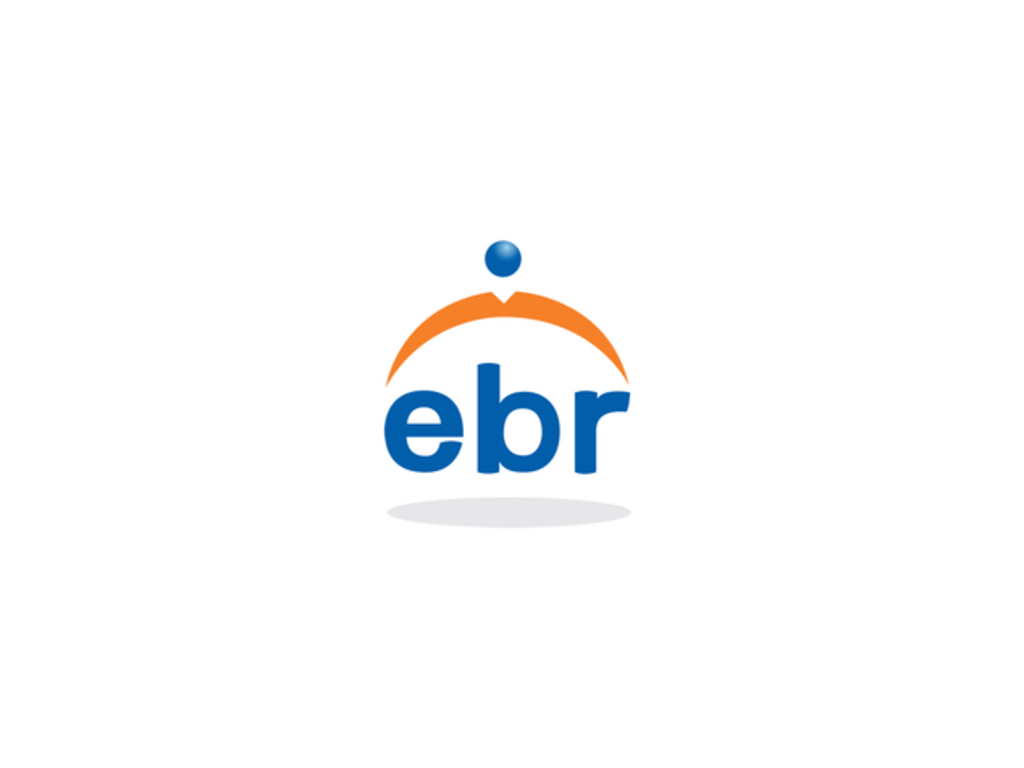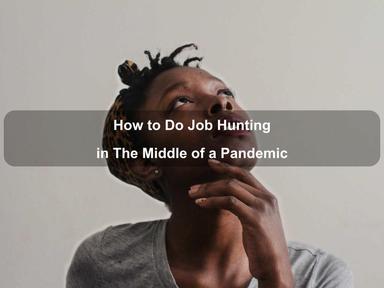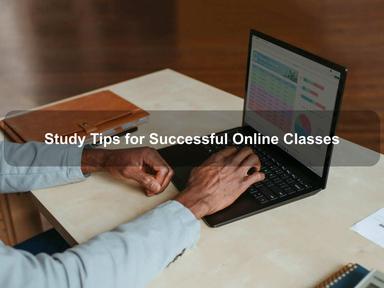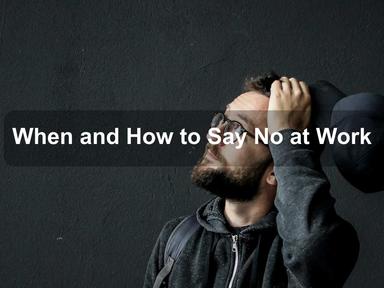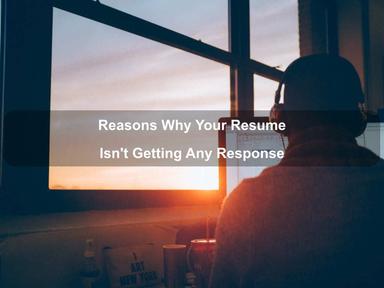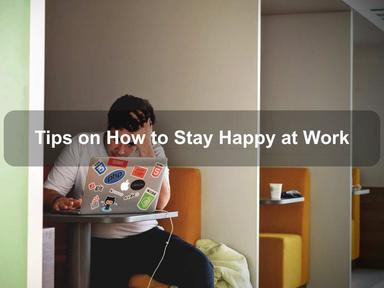published: 13 Jan 2021
5 min read | website: www.ebr.com.au
Resuming in-person learning can be stressful during the COVID-19 pandemic. Learning how to cope with the situation can help reduce anxiety and stress while boosting confidence and focus.
Respect and practice safety measures.
Students need to diligently follow the necessary measures to keep themselves safe and do their part to fight the pandemic. This will reduce some of the anxiety and stress that comes with going outside while the virus is still at large. It is essential to wash hands thoroughly for 20 seconds, cover your mouth when you sneeze or cough with your elbow or with a tissue that you immediately throw away, eliminate handshaking and practice social distancing Use hand sanitizers after touching public or outside surfaces. Students need to practice wearing masks everywhere they go, not just in their classrooms or in crowded places.
Follow a routine.
For students starting a new school year or semester in the middle of a pandemic, it can be extremely scary and stressful. It may distract them from focusing on their studies so creating a regular routine can help students face uncertainty, allow them to feel more in control of the situation, balance their tasks throughout the day, and keep them focused, which can calm their nerves and anxiety. It will also help in managing their time so they can still make time for themselves to unwind without worrying about schoolwork.
Lessen social media consumption.
Reducing the consumption of social media can be difficult, especially after the increased use of social platforms during quarantine. However, excessive consumption of media and social network sites can get overwhelming and will cause students to feel even more nervous and anxious about the situation and feel panic and fear about getting back to school. It can also harm students' physical and mental health and make coping with the pandemic even more challenging.
Cope and manage stress.
Signs of stress in students can include lack of motivation, a decline in academic performance, insomnia or oversleeping, bad eating habits, restlessness, fatigue, lack of energy, bad moods, nausea, stomachaches, and obsessive behaviors.
Students coping with stress during this pandemic can try to adopt a healthier lifestyle - having a healthy diet, drinking enough water and less caffeine, getting a good night's sleep, exercise, meditation, and practicing self-care are good ways to relieve stress. When feeling anxious, taking breaks will help in coping. Take a deep and slow breath to calm down or distract yourself with brief relaxing activities such as doodling, playing a phone game, watching something funny, or talking to a friend.
Talk to a friend or family.
Talking about our feelings will help us let go of things that we are holding onto. Listening to how you are feeling out loud can help you understand yourself better, therefore dealing with your emotions better. As well, it is always nice to feel heard and listened to. Students coping with going back to school and universities during the COVID-19 pandemic can talk to their teachers or peers who are in the same situation to feel less alone in the difficult conditions. Talking to others who are dealing with the same things as you will allow you to help them as well cope with your own feelings.
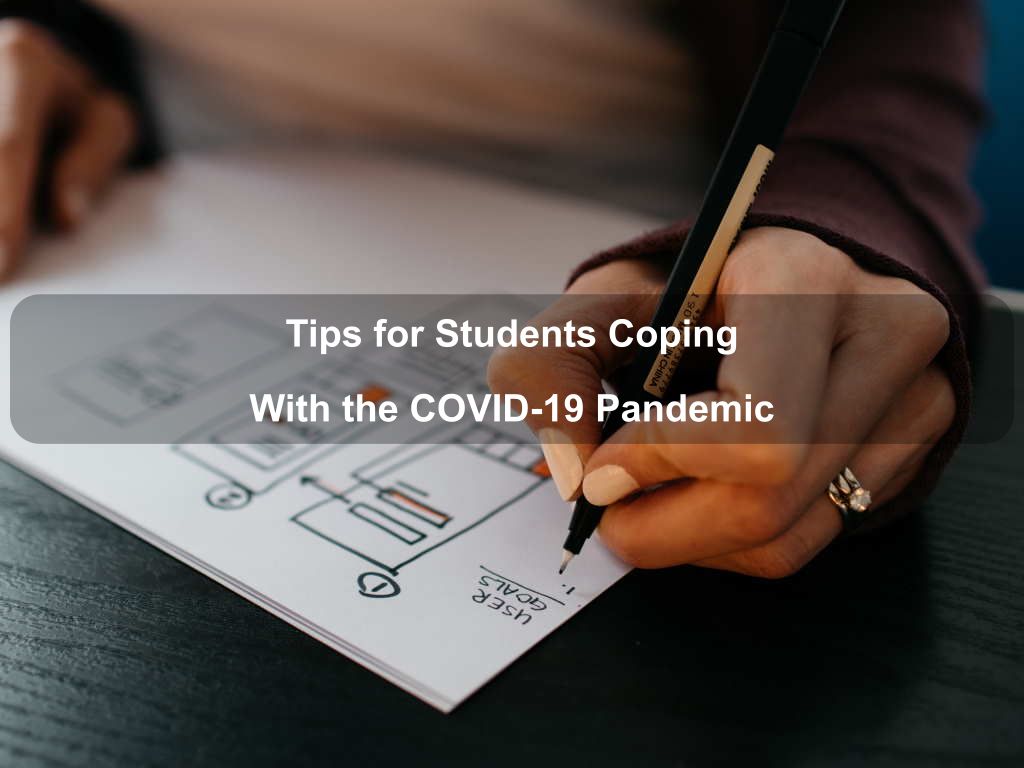
Are we missing something? Help us improve this article. Reach out to us.
